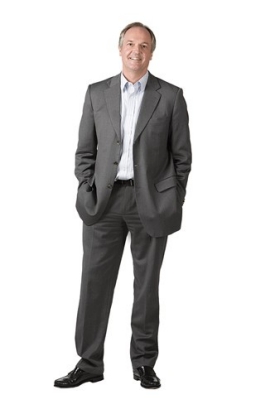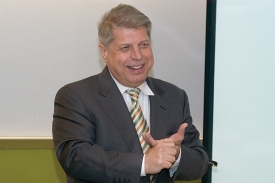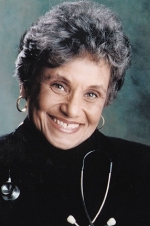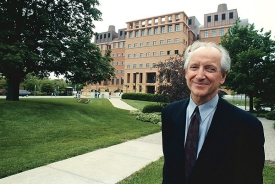When you make a gift to UC, you enrich the lives of students now and provide the momentum for UC to be recognized as one of the best universities on the world stage. Scholarships, fellowships, professorships, research, technology, laboratories ... what could your gift make possible?
Perhaps, it could ...
• Educate the world's next renowned architect
• Spur the next groundbreaking discoveries taking place in the Nanoworld Lab
• Classically train the next world-famous singer, actor or musician
• Empower the next Fortune 500 CEO
• Embolden the next Olympic gold medalist
• Motivate the next bestselling author
• Fund the discovery of new treatments and cures for cancer, Parkinson's disease, diabetes and neurological disorders
• Provide the impetus to test inventions like the Impella 2.5 heart device, 3-D brain imaging, and canine hearing aids
• Inspire a student to be the next president, astronaut, Supreme Court justice or Nobel Prize-winning physicist
Thousands of students get a successful start at UC every year. Here are just a few famous Bearcats who've made their mark in business, medicine, design and more.
Paul Polman
Thirty years after earning dual UC master's degrees in finance/international marketing and economics, Paul Polman, MA (A&S) '79, MBA '79, HonDoc '09, took the reins as CEO of consumer-goods giant Unilever, maker of brands like Lipton, Hellman's, Dove, Ponds, Vaseline and Suave. Before Unilever, his studies at UC helped launch a 26-year career at Procter & Gamble, culminating with his position as group president of P&G Europe. From 2005 through 2008, he was chief finance officer for the world's largest food company, Nestlé.
Investor Magazine's 2007 CFO of the Year and the Wall Street Journal/CNBC 2003 European Business Leader of the Year, Polman has always exhibited a leader-ship philosophy rooted in deeply held values. He believes business plays an important role in helping to tackle societal issues such as poverty, global warming and water shortages.
"Creating a better world is equally important for business, which simply cannot succeed in societies that fail," he says. "And successful leadership requires a high level of integrity and trust, today more than ever. This is true for us individually, but also in how we work together as teams."
The Netherlands native returns to UC periodically to share his experiences and has hosted many students at his offices in Europe. "I've always been impressed by the quality of the students at UC," he says. "The university has many good things to offer."
He urges students to share those "good things," telling them, "You can achieve anything you want if you're passionate about it. And you can do well by doing good."
Vinod Dham
Vinod Dham, MS (Eng) '77, had just $8 when he got off the plane that brought him to Cincinnati from his native India in the mid-1970s. But a scholarship from a generous benefactor enabled the start of what would become a world-changing career.
Dham's master's degree in electrical engineering helped propel him to a crucial role in changing the way work gets done. By the early '90s, he was leading the team at Intel that was developing the Pentium computer chip in California's Silicon Valley.
It was understood that a "space race" of sorts was taking place; the company that produced the first "better chip" would be positioned to tap into an eager market and the lucrative rewards that would follow. Of course, creating the next generation of microprocessor would also enable a new generation of computing that would prove transformational. "We knew if we built this product that there was a very big market out there, and people would buy lots of it," Dham says. "There wasn't a question of validating the concept with customers. It was only a matter of execution."
Dham completed the Pentium project and rose to the position of vice president within Intel, earning the nickname "Father of the Pentium" along the way. He then moved to NexGen, a start-up firm, where he helped launch the K6 chip, then the world's fastest personal computer microprocessor.
From there, Dham became a venture capitalist, co-founding NewPath Ventures, which creates and funds leading-edge startup companies that focus on systems, silicon, software and services. In doing so, he is actively helping new-economy technology pioneers to follow in his footsteps.
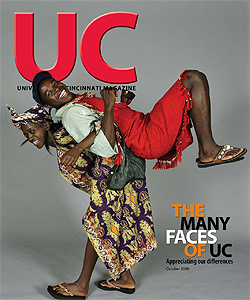
 Issue Archive
Issue Archive